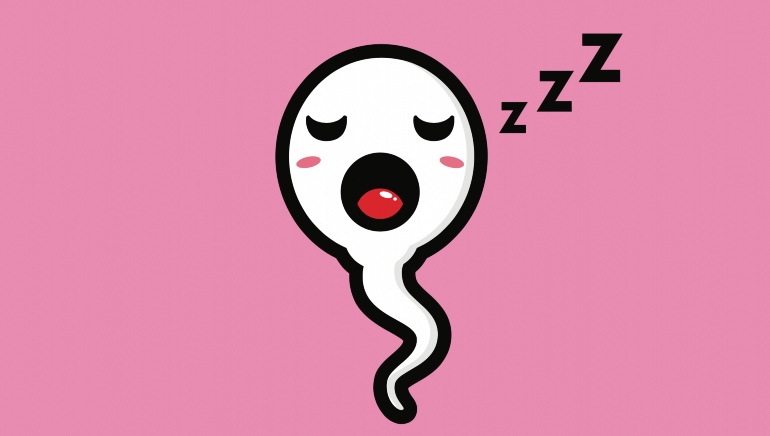
If your relationship is losing its spark due to your partner’s low sex drive, a reason could be his low testosterone levels. A recent study, published in the Journal of Urology, talks about lower testosterone levels in men.
For many men diagnosed with testosterone deficiency, losing weight can help increase testosterone levels. But following specifically a low-fat diet might be associated with a small but significant reduction in testosterone levels.
“We found that men who adhered to a fat restrictive diet had lower serum testosterone than men on a nonrestrictive diet,” said study researcher Jake Fantus from University of Chicago in the US.
“However, the clinical significance of small differences in serum T across diets is unclear,” Fantus added.
For the study analysis, the researchers examined data of more than 3,100 men from a nationwide health study (the National Health and Nutrition Examination Survey, or NHANES).

All participants had available data on diet and serum testosterone level.
Based on two-day diet history, 14.6% of men met criteria for a low-fat diet, as defined by the American Heart Association (AHA).
Also read: Zinc, folic acid have failed to improve male fertility, reveals study
Another 24.4% of men followed a Mediterranean diet high in fruits, vegetables, and whole grains but low in animal protein and dairy products.
Only a few men met criteria for the AHA low-carbohydrate diet, so this group was excluded from the analysis.
The average serum testosterone level was 435.5 ng/dL (nanograms per deciliter).
According to the study, serum testosterone was lower in men on the two restrictive diets: average 413 ng/dL for those on the Mediterranean diet and 411 ng/dL for those on a low-fat diet.
Select Topics of your interest and let us customize your feed.
PERSONALISE NOWOther factors that can affect testosterone, including age, body mass index, physical activity, and medical conditions were also adjusted with the associations.
After adjustment, the low-fat diet was significantly associated with reduced serum testosterone, although the Mediterranean diet was not.
The researchers concluded that further studies are required to corroborate their findings, and to clarify the mechanism by which restrictive diets reduce testosterone.